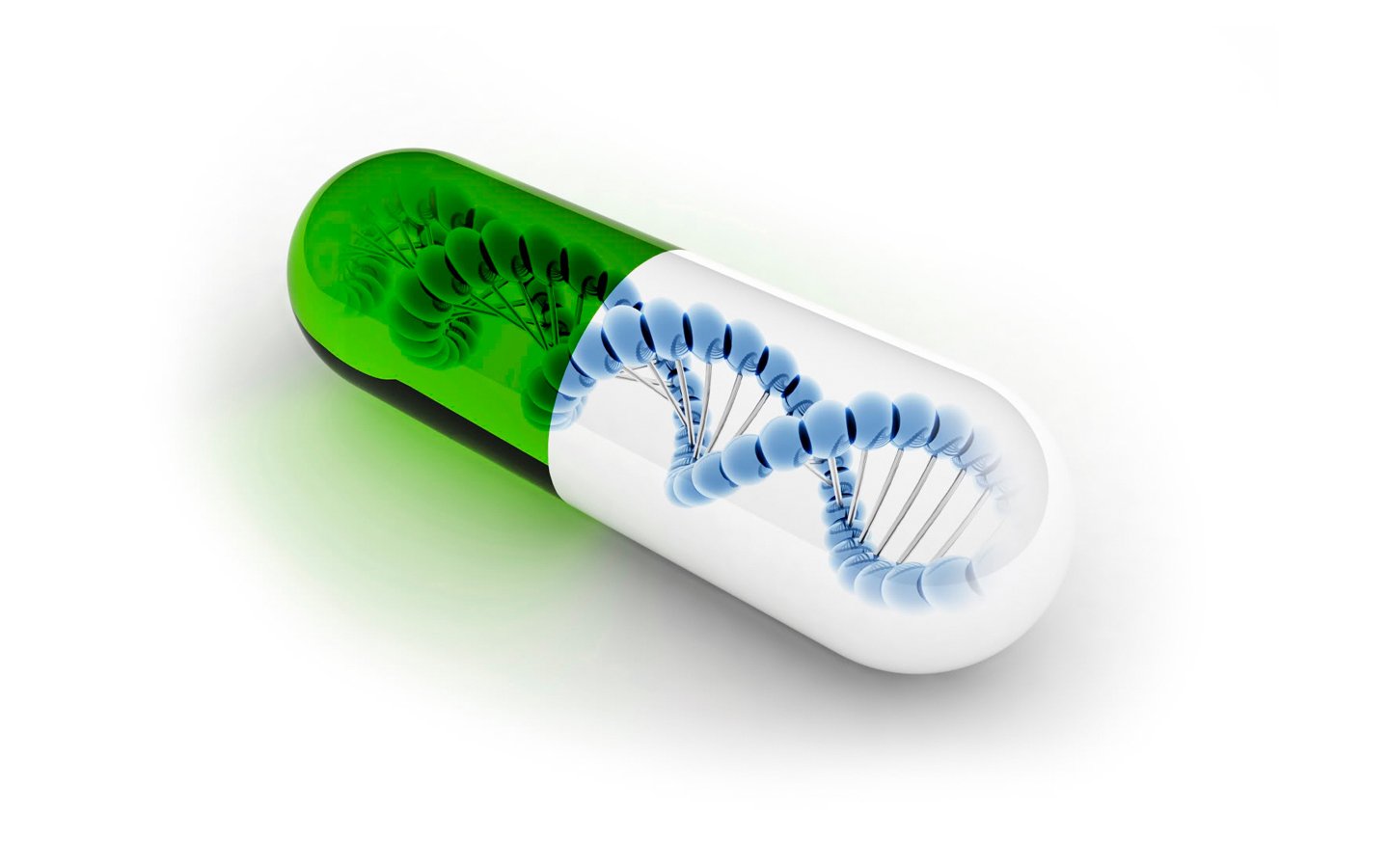INSIGHT INTO YOUR MAKEUP

BY RIGI THOMAS – Is it possible to say no to trial and error?
As medical prescriptions move away from trial and error methods that are ineffective, harmful and tedious, medical scientists explore the field of pharmacogenetics that focus on precision medicine. According to Dr. James Mitroka, associate professor in Pharmacy, pharmacogenetics is the scientific study of how genetic variation in drug-metabolizing enzymes, receptors, transporters, and targets contribute to phenotypic variation in drug response. It is a revolutionary innovation in the field of Medicine that could change the lives of patients across the globe in that it holds the possibility to create effective prescriptions that will provide the right drug and the right dosage for individuals based on their genetic makeup.
Pharmacogenetic testing analyzes the Cytochrome P450 system (liver-based hepatical metabolism system) in our body, where genes responsible for specific enzyme expression: on/off mechanism as well as enzyme quantity are measured. Since enzymes are responsible for metabolizing medications inside our bodies, pharmacogenetic testing can be used to predict genetic behavior of individuals by analyzing their enzyme activity and response. This test is able to identify the metabolizing efficiency of an individual’s enzymes in order for improved drug prescription. The four most common type of enzyme output that an individual can genetically possess is: extensive (normal amount of enzyme production), intermediate (a little less than normal), poor (very little enzyme production) and ultra rapid (very high enzyme production). One of the predominant benefits of identifying the aforementioned genetic nature of enzyme activity for individual patients is that it can avoid negative side effects that can occur as a result of medication usage. Moreover, for those who are scared of tests, this test has a simple procedure where the physician collects the patient’s DNA sample through a mouth swab and sends it off to the lab for evaluation analysis.
Even though optimized individual therapy sounds ideal and appealing, there are several ethical concerns that should be brought to light. One main concern for several patients is that their genetic information could get released to insurance companies and as a result they face the danger of genetic discrimination. However, this concern can be put to rest as Congress has passed The Genetic Information Nondiscrimination Act of 2008 (GINA) which protects all American citizens from being a victim of genetic discrimination in the case of insurance plans as well as employment opportunities. Another predominant dilemma that pharmacogenetic testing research faces is informed consent. It might be difficult to obtain informed consent from patients because researchers might gain access to more information about the patients’ than they actually require. Nevertheless, this can be addressed by ensuring that the patients involved receive complete disclosure as to where there information will end up and how it will be used.
